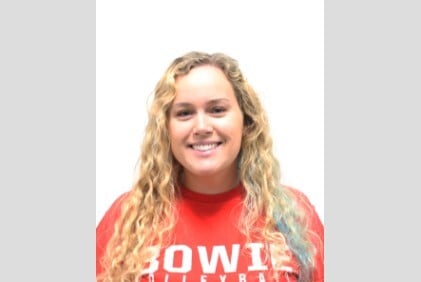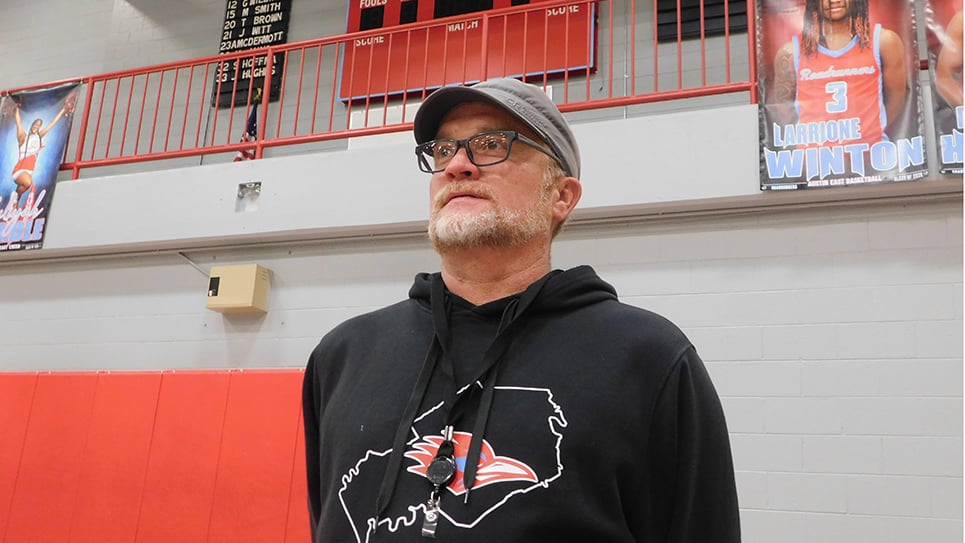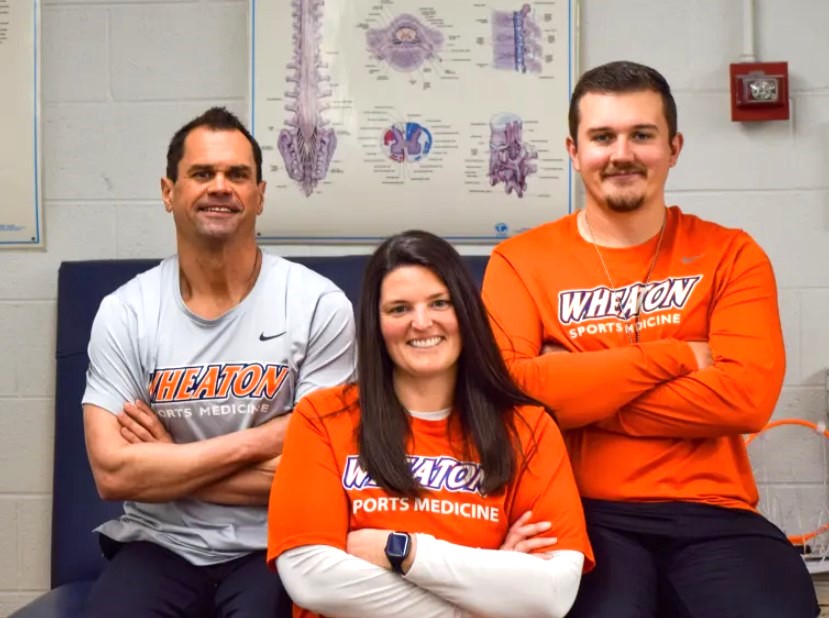From Sidelines to Recovery: The Vital Role of Athletic Trainers
 A Day in the Life of an Athletic Trainer at Florida Gulf Coast University
A Day in the Life of an Athletic Trainer at Florida Gulf Coast University
When an athlete is injured on the court or field, the first person by their side is the team’s Athletic Trainer. They are responsible for making real-time assessments, providing immediate care, and ensuring a safe return to play. Without them, athletes would struggle to endure the physical demands of their sports careers.
 Beth Clayton, the Athletic Trainer for Florida Gulf Coast University’s softball, swim, and dive teams, shared insights into the multifaceted role Athletic Trainers play in collegiate sports.
Beth Clayton, the Athletic Trainer for Florida Gulf Coast University’s softball, swim, and dive teams, shared insights into the multifaceted role Athletic Trainers play in collegiate sports.
Preparation Starts Early
Athletic Trainers arrive hours before events to prepare the facility for both home and visiting teams. “We set up water, electrolyte beverages, and ice for both teams,” Clayton explained. “We also ensure emergency equipment like splints, crutches, and oxygen tanks are available.”
Caring for Opposing Teams
Clayton emphasized that Athletic Trainers often extend their services to visiting teams. “With swim teams, each team doesn’t necessarily bring their own Athletic Trainer, so we provide care for them as well,” she said. For sports like softball, where traveling teams typically bring their own Athletic Trainers, Clayton walks them through emergency action plans and available resources.
Challenges on the Road
Traveling with teams presents unique challenges. “It’s always a question of whether you’ve brought enough supplies,” Clayton noted. “What you have is what you have, and while you can ask the home site for assistance, it’s a delicate balance.” Travel kits are meticulously packed with essentials like medication, tape, first aid supplies, and advanced recovery tools like portable stimulation units and cupping sets.
A Team Mentality
Despite assigned sports, Athletic Trainers collaborate to support each other. “We try very hard in our department to approach it as a team,” Clayton said. “If someone needs help, we step in to maintain a healthy work-life balance.”
The Unique Bond
One aspect Clayton cherishes is the continuity of care Athletic Trainers provide. “We are one of the only healthcare professionals that stays with an athlete from the moment of injury to their return to play,” she said. “That journey is one of my favorite parts of Athletic Training.”
Clayton’s dedication highlights the often unseen but invaluable role Athletic Trainers play in collegiate sports, ensuring athletes remain healthy and ready to compete.
Read the full article on the Eagle, a student-run news site for FGCU!
![HR Logo [Recovered]_Full Color Vertical-1](https://blog.healthyroster.com/hs-fs/hubfs/HR%20Logo%20%5BRecovered%5D_Full%20Color%20Vertical-1.png?width=199&height=178&name=HR%20Logo%20%5BRecovered%5D_Full%20Color%20Vertical-1.png)
 By
By


